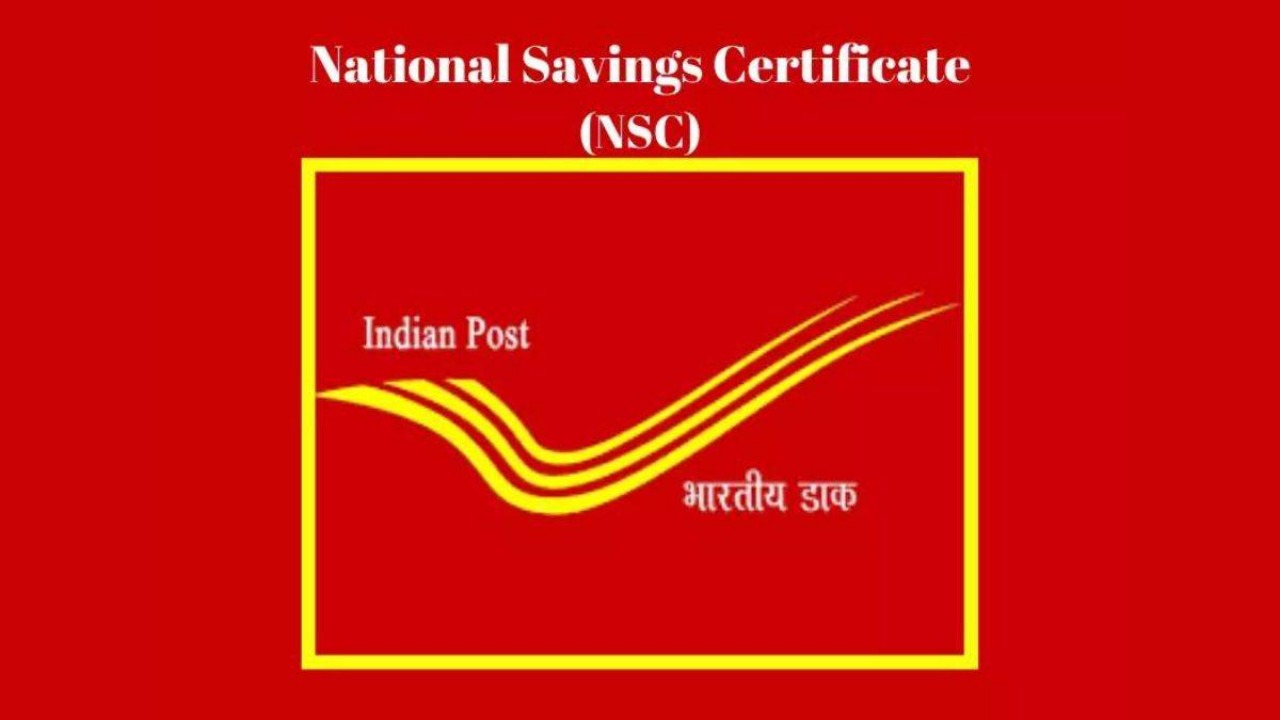Post Office Schemes: National Savings Certificate (NSC) is a popular and reliable small savings scheme of the post office, which guarantees you good returns with almost no risk. If you want a stable and safe investment, then this government scheme can be a great option for you. By investing in it, you get a return which is much higher than a bank savings account, and the interest on it is also equal to the FD schemes of many banks.
Will benefit from interest
The current interest rate in this is 7.7% per annum. And this interest is compounded, that is, every year you will get the benefit of interest on interest. The thing to note is that you will get the payment of interest after maturity i.e. after 5 years. For example, if you invest Rs 15 lakh in National Savings Certificate (Post Office Savings), then on maturity you will get more than Rs 6.50 lakh in the form of interest in addition to the investment amount.
You can see the complete calculation here
You can see the complete calculation here. Deposit amount – Rs 15 lakh, Interest rate – 7.7% compounded annually, Tenure – 5 years, Total amount on maturity – Rs 21,73,551, Interest benefit – Rs 6,73,551. Thus, Rs 15 lakh will give you a profit of around Rs 6.7 lakh after 5 years, which is a good return.
Who can invest and how much amount?
You can buy National Savings Certificate (NSC) from any post office branch. To invest in it, you must have a minimum amount of Rs 100 and you can invest as much as you want. There is no maximum limit for this. You can open it in a single account or a joint account. Also, it is issued in the form of a passbook. Here’s an interesting thing – you can also buy NSC in the name of your minor children, making it an excellent investment option for the child’s financial future. However, certain individuals, such as NRIs (Non-Resident Indians), HUFs (Hindu Undivided Families), companies, and trusts cannot become a part of this scheme.
What is the tax status on NSC?
Investing in NSC gives you tax exemption under section 80C of Income Tax, but keep in mind that this exemption is available only on investments up to Rs 1.5 lakh. Now, talking about interest, the interest earned for the first 4 years will be reinvested so that you can get tax exemption. But after 5 years, you will have to pay tax on the interest earned, and that will be according to your tax slab.
Facility to withdraw money
One special thing about NSC is that you cannot withdraw it before maturity. If the account holder dies, then there may be some change in that situation, but generally there is no facility to withdraw money.
